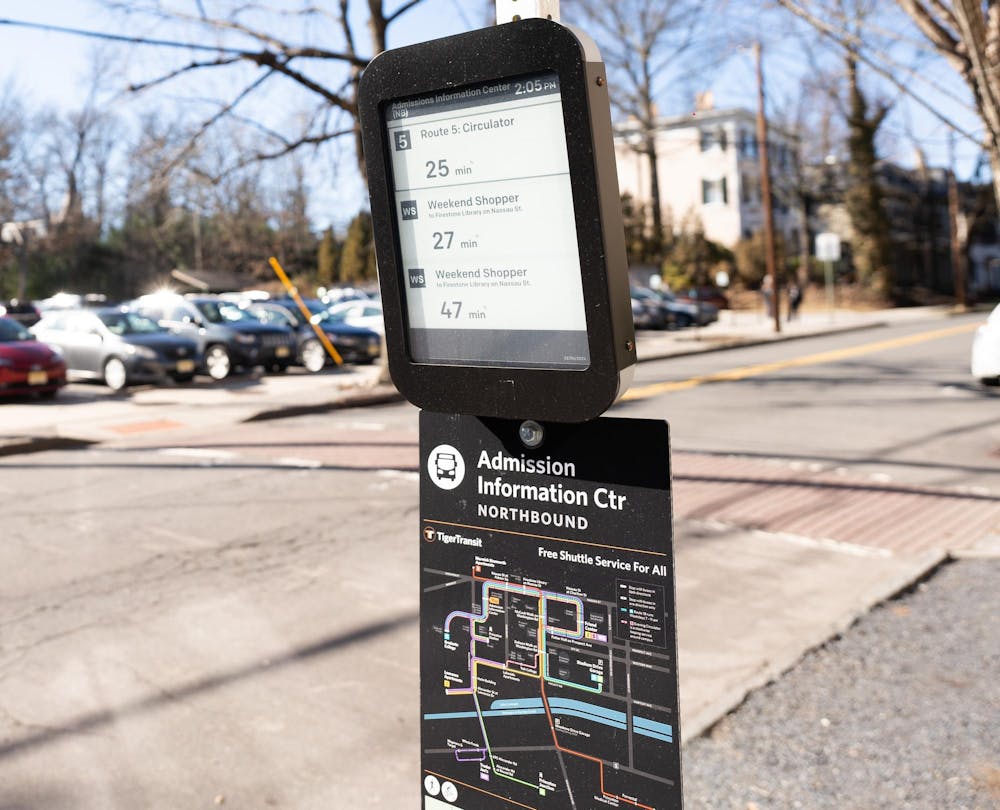Eating clubs cost between $9,500–$12,500. The unlimited dining plan costs $8,340 and the Block 105 plan costs $3,234 for 8-10 meals a week. Co-ops, an alternative meal plan, serve only dinner and brunch, and members have to partake in cooking and cleaning shifts. The cost lies between $1,000–$1,300 annually.
These are the primary choices upperclass students, who are no longer required to be on the unlimited meal plan, have to choose from, unless they go independent. According to the Office of the Dean of Undergraduate Students (ODUS), independent students are defined as “students who agree not to join an eating club or to hold a university dining plan.”
According to the 2023 Dining Pilot Report, 14.6 percent of the 2023 and 2024 graduating class were independent and four percent were members of a Co-op on campus. For many, being independent and cooking for themselves is a financially-motivated choice.
Access and options to food and social spaces for upperclassmen was a topic of interest with the 2023 dining pilot. The dining pilot was an initiative by the University to build more community in eating. The program gave around ten percent of upperclassmen five swipes per week which they could use to eat at eating clubs, co-ops, dining halls, retail dining locations, and late meal. A group of student leaders who signed an alternative plan on Oct. 4, suggested that the pilot should allow the “Two Extra Meals” program to include late meal and meal exchange, extend the dining point system to upperclassmen, open eating clubs to upperclassmen at certain points in the semester and create more social spaces on campus.
For independent upperclassmen, grocery shopping while living on campus is not as straightforward as it may seem. Only a few stores are convenient and within walking distance of campus, with others more accessible via public transportation. Some stores, such as Costco, are only easily reached by car.
Andrew Jung ’25, a senior independent living in Spelman Hall — which is made up of apartments with full kitchens — goes to Costco occasionally using Enterprise CarShare, an hourly car rental service. Students, faculty, and staff receive a $25 credit when they join the program. This credit brings the total annual membership cost to $25 plus hourly rates for rentals of the 17-car fleet across eight campus locations.
“I used to use Zipcar, but stopped because it was unreliable and sometimes the car wouldn’t even show up,” Jung said.

Different grocery stores have vastly different offerings. More generic grocery stores, like Wegmans, Costco, and specialty stores like Trader Joe’s are often further from campus. Maruichi, a Japanese grocery store just on Nassau Street attracts locals and students for supplies and quick bites.
Across the five grocery stores, ShopRite and Wegmans provided, on average, the lowest price of goods. Whole Foods and the U-Store had the highest prices. Though the U-Store edges out convenience store competition in campus essentials, grocery shopping at the U-Store is, on average, more expensive than grocery shopping at large chain supermarkets. Price is a big consideration for independent students.

“Being independent is a lot cheaper than being in an eating club or on the dining plan, [but] it isn’t cheap either,” Jung said. “[I am] a lot more wary of spending money.”
For Jung, meat is especially difficult to purchase near campus.
With the start of the new school year, TigerTransit has changed routes, providing more service over the weekends. Sam Dorsey ’26 is a member of 2D Co-Op, which regularly sends people to get groceries on the Weekend Shopper bus. Dorsey dislikes the bus due to its long wait times and unpredictably.
Many Co-ops, including 2D Co-op, actually source their groceries from bulk wholesalers for a cheaper price. Brown Co-op president Jesus Herrera ’25 wrote to the ‘Prince’ that “our Co-Op orders about 99% of our food through US Foods, the same distributors as dining halls and eating clubs.”
“It’s very possible to be independent on campus,” Jung said. Jung felt confident about becoming independent because of Maruichi, a grocery store that’s walking distance from campus, opening up.
Upperclassmen can reduce or drop their meal plans until Sept. 20. Meal exchange begins on Sept 23.
Mary Ma is the Creative director and a staff Data writer for the ‘Prince.’
Please send corrections to corrections[at]dailyprincetonian.com.








